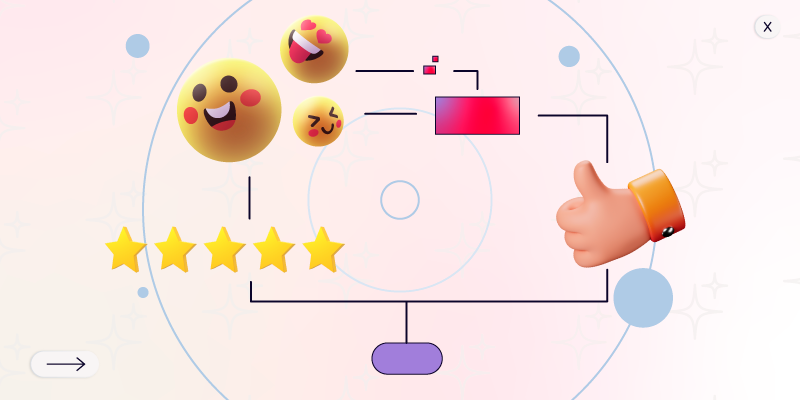An algorithm in mathematics is simply a series of steps followed to perform a calculation, for example the formula for finding the area of a triangle. But when we talk about online algorithms we mean what developers call "recommender systems," which have been used since the dawn of personal computers to help users index digital content.
A recent article in The New Yorker magazine tells us the story of algorithms and their influence on digital life. In 1992, Xerox engineers at the Palo Alto Research Center built an algorithm called Tapestry to classify received emails using factors such as "who else opened the message" and "how they reacted" (collaborative filtering). Two years later, researchers at the MIT Media Lab developed Ringo, a music recommendation system that worked by comparing users' tastes with others who liked the same type of music (social information filter). The original Google search engine, which appeared in 1998, depended on PageRank, an algorithm that was responsible for measuring the relative importance of a website.
Starting in the middle of the last decade, recommendation systems fully penetrated online life.
Facebook, Instagram and Twitter, evolved from feeding recommendations chronologically to algorithmic sequences in which the platforms determine which decisions will make the user stay glued to the screen longer. Spotify and Netflix introduced personalized interfaces that sought to satisfy the tastes of each user. These changes made the platforms feel less predictable and transparent. What each user saw was no longer the same as what another user saw.
Almost all major platforms Internet they use some kind of algorithmic recommendation. Google Maps calculates routes using unspecified variables, including typical traffic behavior and fuel efficiency, to guide us along the most convenient paths. The Seamless food delivery app loads menu items that the user might be interested in based on past orders, the time of day, and what's hot in the neighborhood. Text messaging systems predict what a user is going to type, based on the most common sentences. It seems that all applications try to guess what the user wants to anticipate the answer to the user even before the question is clear. We are constantly negotiating with the damn algorithm, unsure of how we would behave if we were left to our own devices. No wonder we get anxious.
Algorithms wouldn't have the power they do if they weren't fed by rivers of data that we voluntarily produce when we're browsing sites or apps that use our identities and preferences to make money. When an advertisement for bras or mattresses follows us around the internet, the culprit is not just the recommendation algorithm but the business model of social media-based advertising that billions of people participate in every day.

Users cannot be blamed for not understanding how algorithms work, because the technology giants manage to hide the way in which they are systematized, on the one hand to prevent them from being copied and also to be able to influence the will of users. users.
In the case of social networks, which have taken over digital attention in the last decade and are being discussed lately, the algorithms are programmed to find personal relationships. Although friendship is one of the best things in life and therefore very difficult to achieve, in the digital world one can have up to a million friends. That is how
Facebook, Instagram and Twitter work. In the case of TikTok, which is devouring the previous three (which are now trying to imitate it so as not to perish), the algorithm is programmed to find relationships of interest. If a user watches a cat video, more cat videos will appear. That is why TikTok is considered an entertainment network and not a social network. And it is an important difference, both for users and for advertisers. Users of social networks often report that they leave their networks with anxiety, anger, bitterness; while from TikTok they leave happy. Advertisers report getting 30% more results on TikTok than on Facebook or Instagram.
But in all cases, what is basically sought is for the user to keep their attention on the platform as much as possible, because the more people spend more time in a certain application, the more the advertising is priced and the more it is billed.
Zuckerberg said that his intention when creating Facebook was to unite the people of the planet, however now Instagram and Facebook seek to resemble TikTok, the most downloaded and most successful application of the moment. Facebook recently added a new algorithm called the discovery engine, where the function of the algorithm is to find what is working best at the moment and thus send suggestions to users. “The social content of the people you know will continue to be important, but to that we add interesting content resulting from our search engines”, recently said the CEO of Meta.
The most impressionable people are the youngest. For the first time we have people who are digital natives. That is, people who, unlike adults, do not know a world without the Internet. A recent survey by the Pew Research Center in the United States, dedicated to the universe of adolescents between the ages of 13 and 17, shows that 46% of these adolescents use the Internet "almost all the time".



